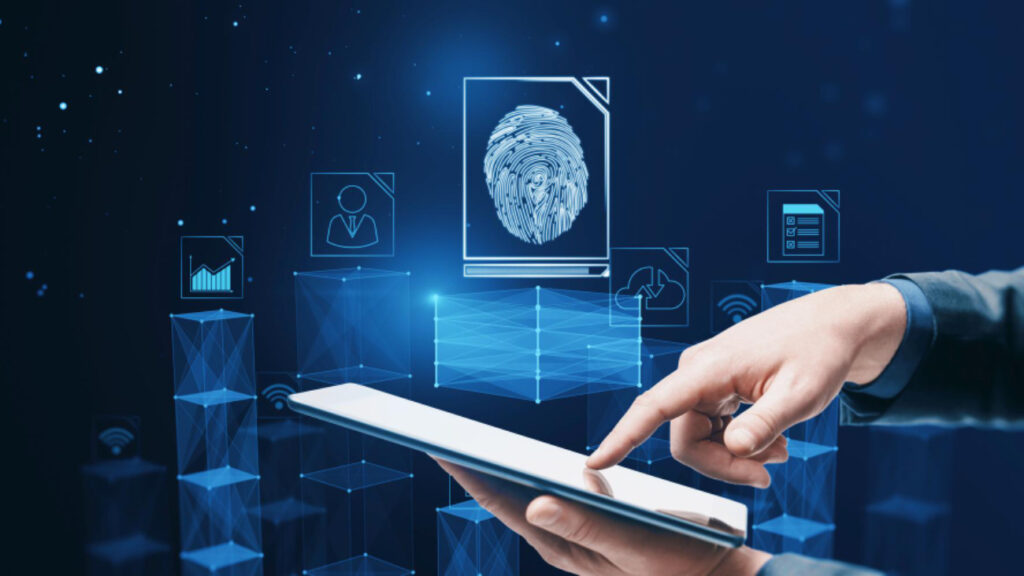When we talk about identity management, remote workforces are starting to take up a considerable portion of it observed by Bahaa Abdul Hadi. In the post-pandemic era, a lot of jobs have opened up more remote positions.
The global workforce is now seeing an increase in hybrid setup where employees come into the office only few days a week and work from home majority of the time. In this era, identity management looks different and also similar for remote workers. Here are the key areas where identity management is helping remote employees work efficiently.
Nuances of identify management in remote workforces
Remote workers require access on a daily basis to some pertinent services and others on an authentication-only basis. Identity management is evolving to cater to their needs and help lower the time spent waiting for access.
Today’s tech is focusing on giving them immediate access to things they need and employ self-service for those times they need to enter an app or reset a passcode. This is done by central management of identities and access policies.
Importance of identity management in remote jobs
Increased security is the need of the hour and it is important for all existing identify management tech to factor remote workers into the mix. Empowering employees with access to what they need no matter wherever they maybe located is the key focus.
Latest authentication methods like biometrics are used to ensure employees do not get unauthorized access. Productivity of employees is the main focus so building identity management systems that are time and resource-efficient is key.
Increasing cyber attacks
Since most of the data is stored on the cloud, identity management systems operated by solely remote workforces are more prone to cyber attacks. This is why investing in the top security solutions is instrumental in protecting the data of employees and clients alike.
Streamlining tasks, educating employees about common hacking and phishing attempts are all ways in which we can stay alert. Protecting remote workers against cyber attacks is easier said than done because many data breaches today are occurring due to unsuspecting employees opening a file attachment or using a weak password.
Bottomline
The concept of identity management for remote employees is till a budding field of development. We can expect more advancements in the coming years as more companies switch to an entirely work from home model. Understanding the specific needs of remote workers will go a long way in shaping identity management systems to help them be more productive.
Thank you for your interest in Bahaa Abdul Hadi Blogs. For more information, please visit www.bahaaabdulhadi.com







